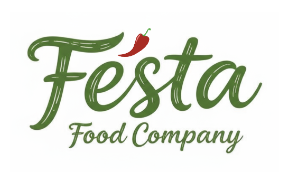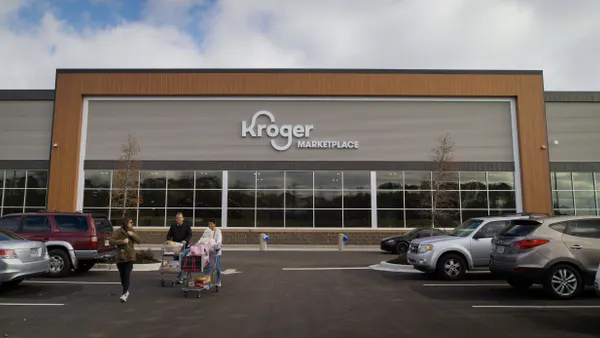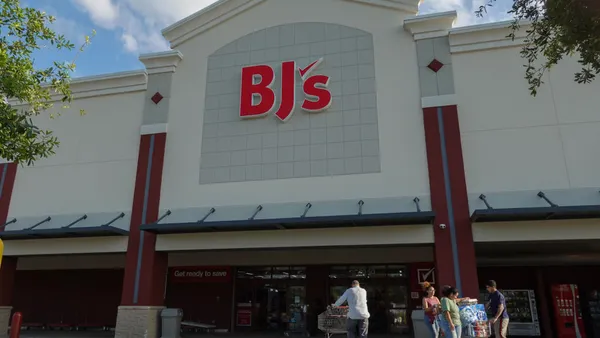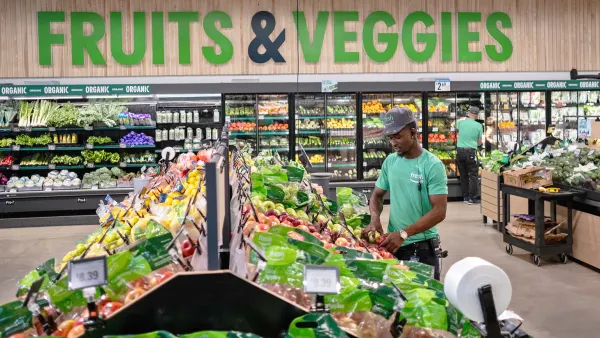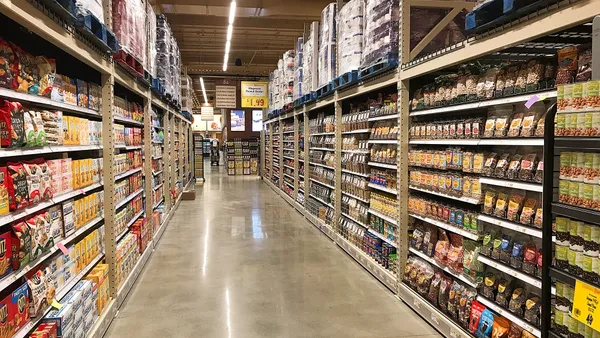United Natural Foods, Inc.’s disclosure this week that it is mutually ending its relationship with supermarket cooperative Key Food represents a costly course correction for the grocery distributor, which had been looking to the multi-year deal to drive billions of dollars in sales.
Speaking to investors during an earnings call on Tuesday, UNFI CEO Sandy Douglas said the details of the agreement it signed with Key Food in 2021 “were very difficult,” leading it to conclude that its best course of action would be to sever the contract. The company made the decision as part of a three-year project to identify opportunities to optimize its network, in part by adjusting its portfolio of distribution centers, Douglas said.
“[A]ll our customers deserve that we don’t have agreements where we’re losing money because that hurts everybody,” said Douglas, adding that the COVID-19 pandemic had an impact on transportation-related aspects of its deal with Key Food that made the arrangement unmanageable.
“The decisions we made [were] based on a very factual analysis of the current situation, and at the end of exploration of all options that we might have been able to pursue to turn that agreement into a positive one,” Douglas said. “And following all that, we chose to exit because it was the best decision for our shareholders, and I believe that Key Food made the same decision for the same reason.”
Taylor Ricketts, assistant vice president of RetailStat, said the fact that many of the locations under the Key Food umbrella are in densely populated areas was likely a key factor in UNFI’s calculation.
“The concept of chasing volume is very real … but I think with Key Foods, [UNFI] easily could have underestimated how expensive it would be to service stores in the inner city environment of New York City,” Ricketts said.
UNFI plans to wind down its contract with Key Food — which it had expected would bring in about $10 billion in sales over its 10-year term — in late September, according to a regulatory filing. The company expects to incur a $53 million contract termination fee, which will impact its free cash flow, UNFI President and CFO Matteo Tarditi said during the earnings call.
UNFI is closing a 1.3 million-square-foot distribution center it opened in Allentown, Pennsylvania, in 2021 to serve Key Foods and other customers. The company intends to lay off more than 700 workers at the facility during a two-month period set to begin in mid-August, according to a notice the company filed with the Pennsylvania Department of Labor and Industry.
UNFI also recorded a $24 million non-cash asset impairment charge during the third quarter of fiscal 2025 because of the closure.
Ricketts said UNFI would have needed only a relatively small portion of the space in the distribution center to serve Key Food. “I think they thought they were going to get more growth in the market,” he said. “It just didn’t happen.”
Douglas said UNFI believes it has a $90 billion addressable market that spans natural, organic and other retailers that “are predominantly focused on a differentiation strategy.” The company has looked at its business through the lens of its distribution centers as part of its efforts to identify avenues for growth, he said.
The deal with Key Food posed a unique challenge for UNFI, because the customer and the distribution center “are inextricably linked,” which is why the company concluded that it had to let go of the facility and the distribution deal, according to Douglas.
Tarditi noted that closing the distribution facility will ultimately help the company save money by reducing expenses and releasing working capital. UNFI projects that the “payback period” will be a year or less, he said.
“Our first goal when we see low performing distribution centers is to be able to find win-win solutions with our customers. And then if not, we need to take different actions,” Tarditi said.
UNFI is absorbing the impact of its decision to end its relationship with Key Food and shutter the Allentown facility as it contends with the fallout of a cyberattack that has severely impacted its ability to serve customers. Those customers include Whole Foods Market, which accounts for a significant share of UNFI’s wholesale business.







